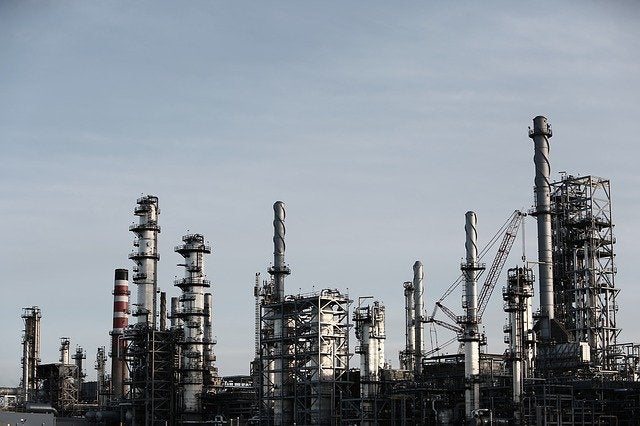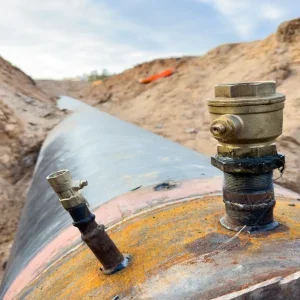
New Fortress Energy is seeking necessary permits and regulatory approvals to build and operate a new offshore LNG liquefaction terminal off the coast of Louisiana, US.
The company has simultaneously filed applications with the US Maritime Administration, the US Coast Guard and US Department of Energy, for the project.
The new LNG terminal will be built in the US federal waters, nearly 16 miles (26km) off the southeast coast of Grand Isle, Louisiana, and will leverage existing infrastructure.
It will have an exporting capacity of around 145 billion cubic feet (bcm) of natural gas per annum, equivalent to around 2.8 million tonnes per annum (Mtpa) of LNG.
NFE chairman and CEO Wes Edens said: “This announcement demonstrates the flexibility, efficiency and significance of our innovative Fast LNG solution to bring more affordable, reliable and cleaner fuels to customers around the world.
“This is a big step in the growth of our Fast LNG portfolio, which will include both tolling liquefaction for high credit worthy partners like ENI as well as market volumes from our merchant assets like these.
“With rapid deployment, this project can play a significant role in supporting our nation’s commitment to our European allies and their energy security as well as support our efforts to reduce emissions and energy poverty around the world.”
NFE said that it has completed procurement of all the long-lead materials for the facility and the modular assembly of equipment is underway.
Its Fast LNG liquefaction design combines the latest advancements in modular, midsize liquefaction technology with jack up rigs or similar offshore infrastructure.
The technology is said to enable low-cost and rapid deployment schedule compared to currently available floating liquefaction vessels and onshore liquefaction terminals.
The company intends to commence the operations at the new LNG terminal in the first quarter of 2023, subject to required permits and approvals.
Gas produced from new Fast LNG terminal is anticipated to help reduce EU’s dependence on Russian fossil fuels.






